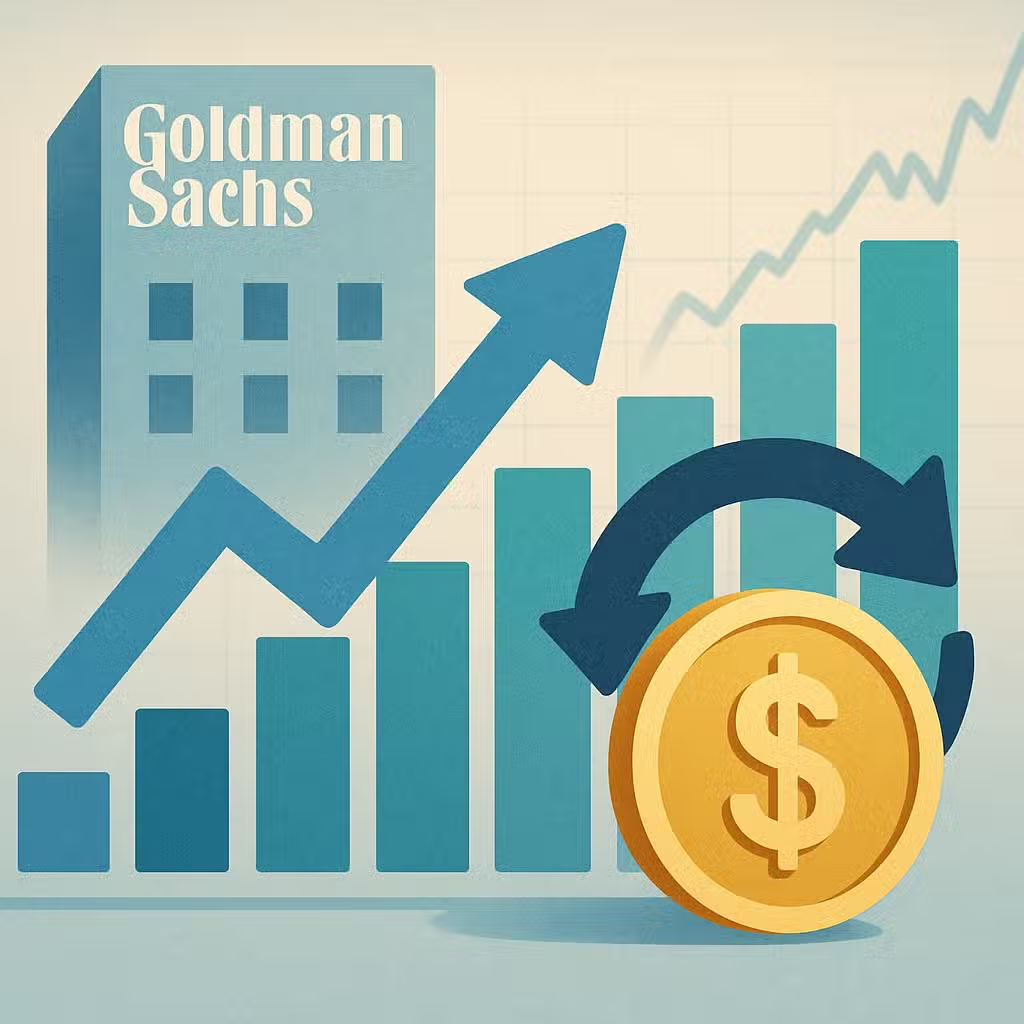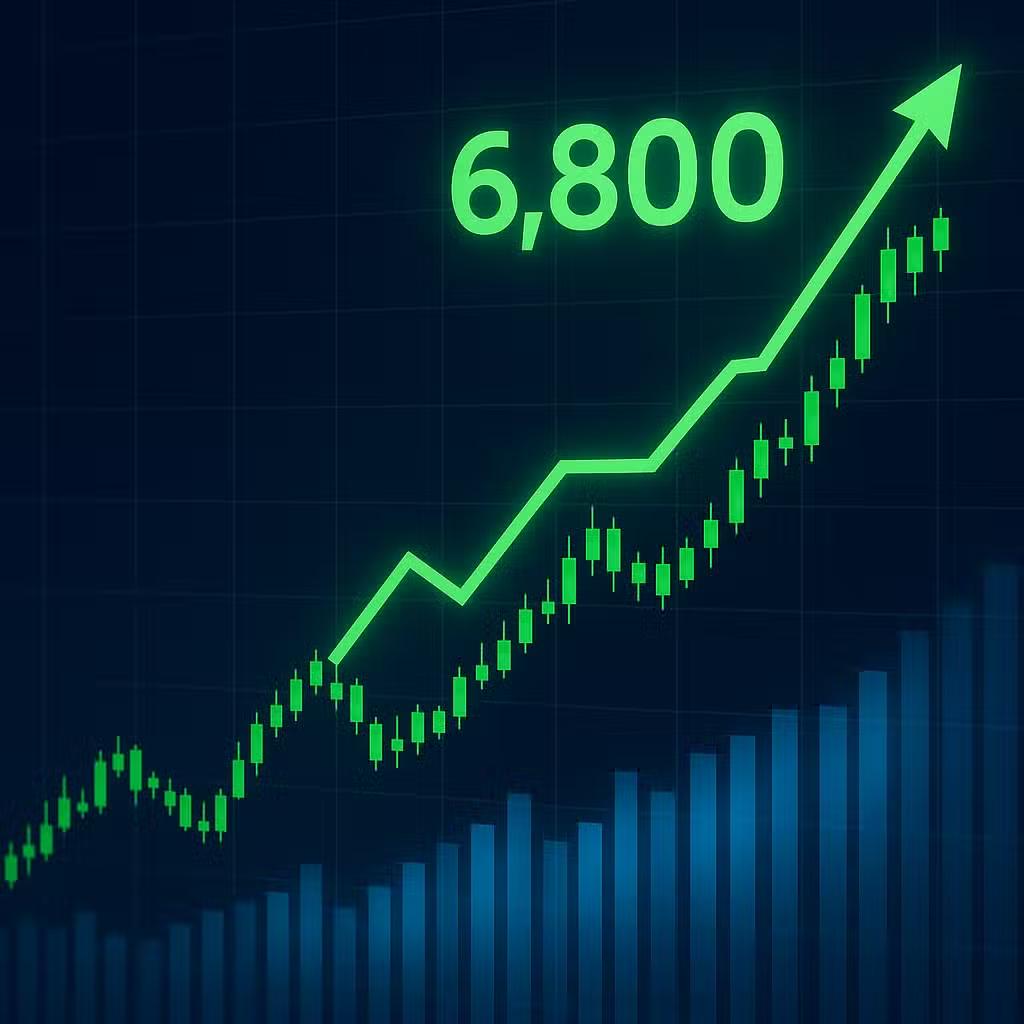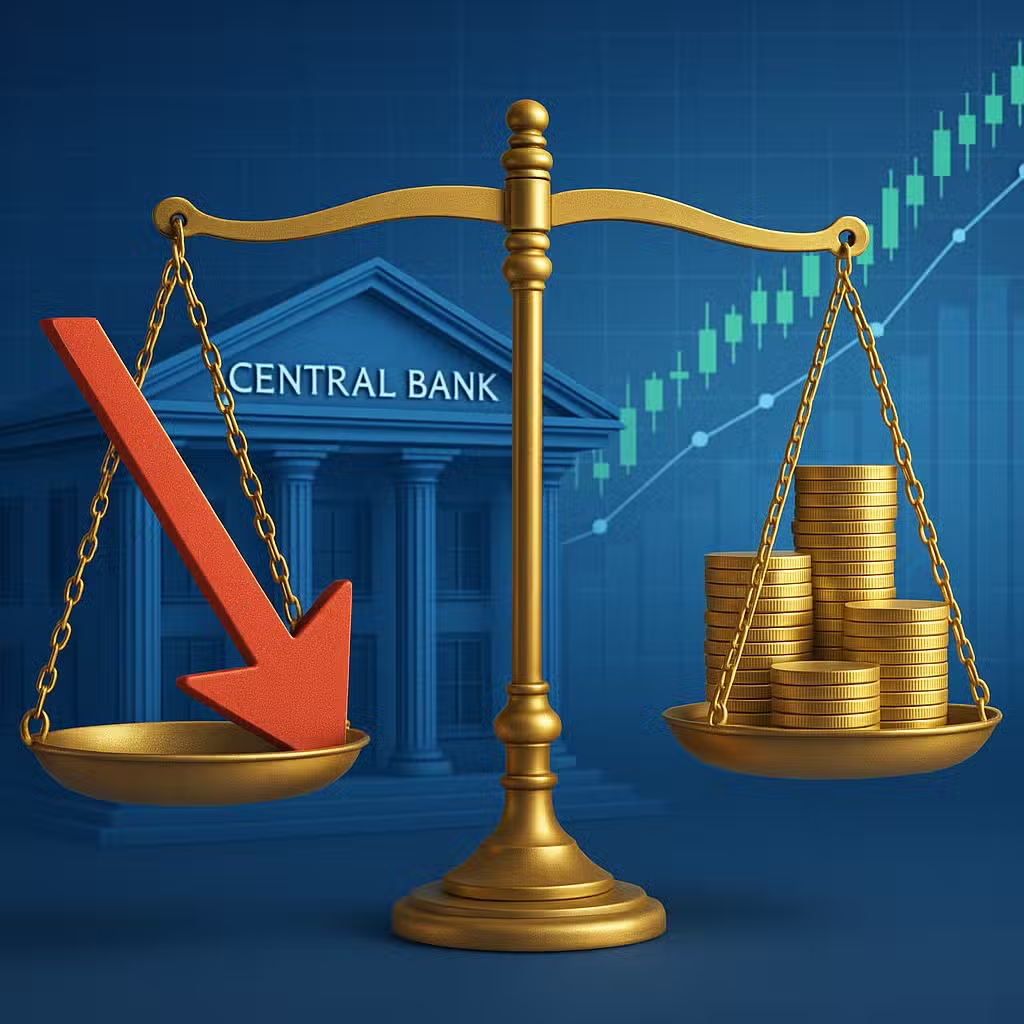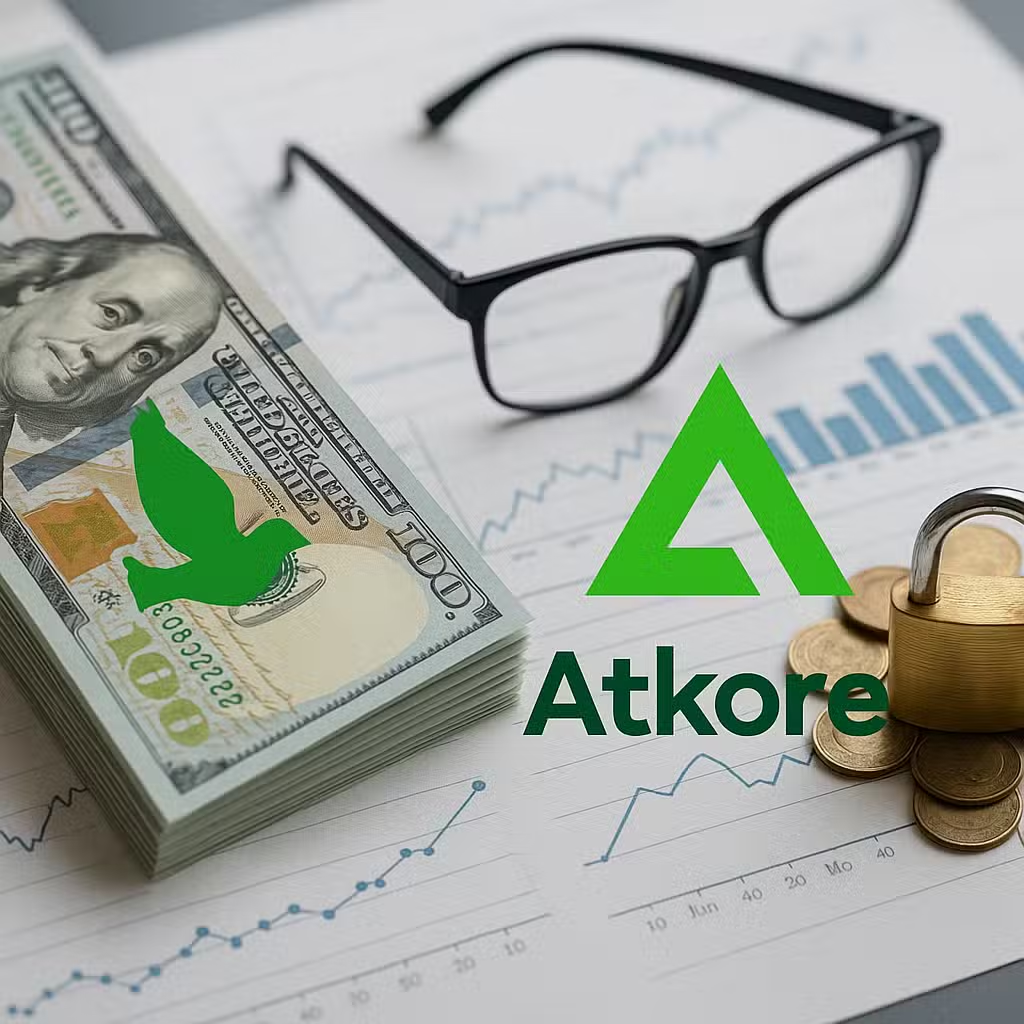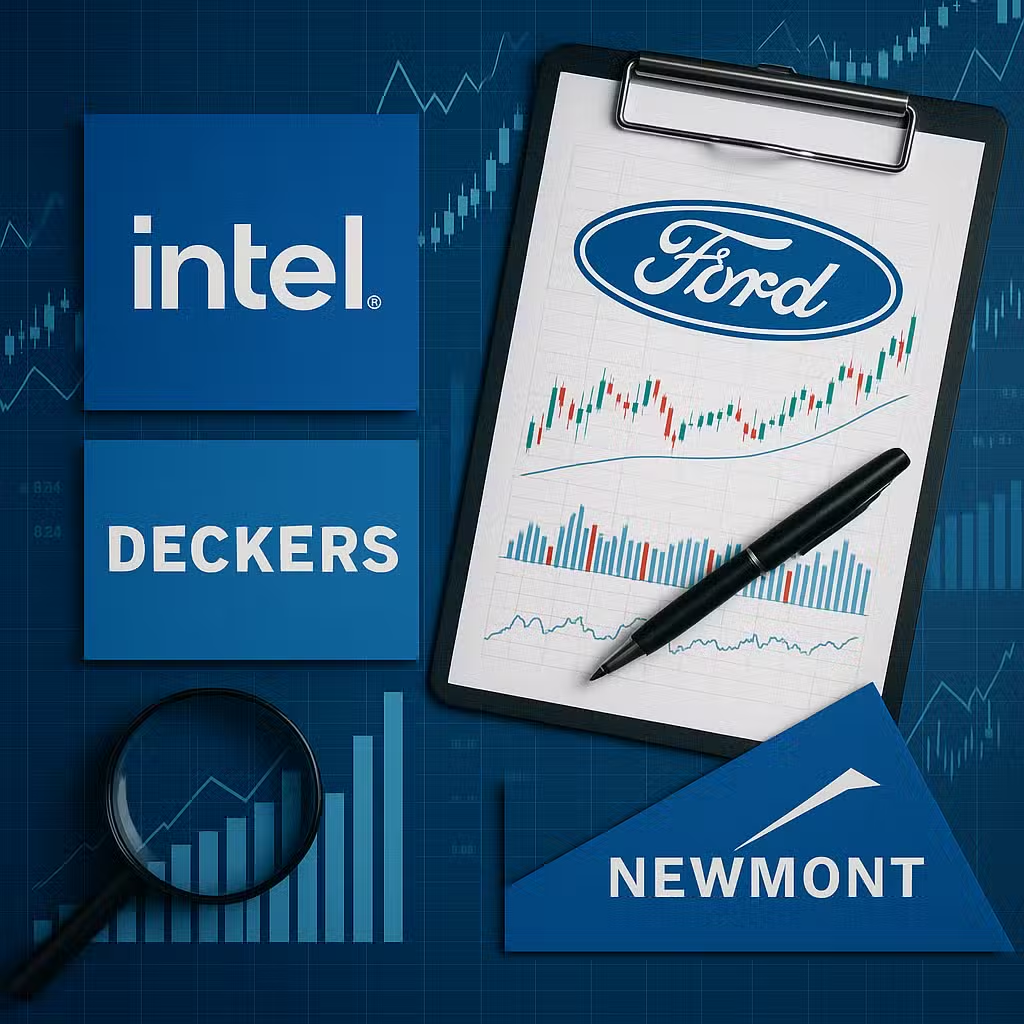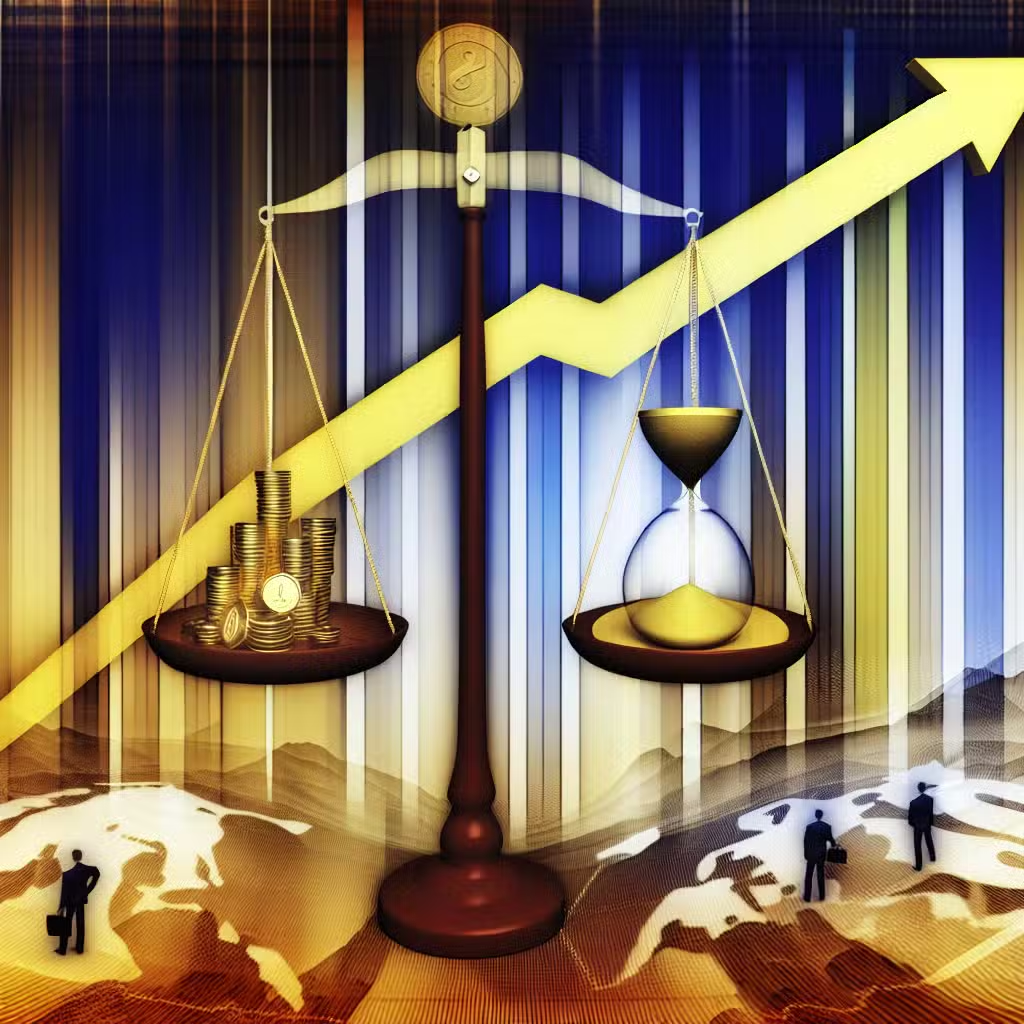Goldman Sachs Highlights Top Buyback Stocks Poised for Strong Investor Returns
Imagine if every year, you saved a bit more money and bought back a piece of your favorite toy collection. Over time, your collection would become more valuable and rare. That’s a lot like what some companies do with their own stock, and it’s making a big difference for investors.
What Are Buyback Aristocrats?
Some companies, called “buyback aristocrats,” are known for regularly buying back their own shares. This means they use their profits to purchase their own stock, making each remaining share more valuable. According to Goldman Sachs, these companies have reduced their share count by at least 1% a year for nine out of the last ten years.
For investors, this matters because companies that do this have outperformed the market. Since 2012, a group of these buyback aristocrats has beaten the S&P 500 by an average of 3% per year, and by 4% so far this year. Goldman Sachs says this is a big deal for anyone looking to grow their portfolio.
Why Do Companies Buy Back Shares?
- Show confidence: When a company buys back its own shares, it’s like saying, “We believe our business is strong.”
- Boost share value: Fewer shares mean each one is worth a bit more, which can help the stock price go up.
- Return money to shareholders: It’s another way to give profits back, just like dividends.
Bullish Case: Why Buybacks Look Good
- Strong performance: Companies that buy back shares have often done better than the market.
- Big names involved: Apple approved a $100 billion buyback, and AMD is buying back $6 billion in shares. That’s a sign of strength from some of the biggest companies.
- Upcoming activity: After earnings season, about 40% of companies can start buybacks again, which could boost stock prices.
- Historical trend: A study by the National Bureau of Economic Research found that buybacks have become the main way U.S. companies return cash to shareholders, especially since the 1980s.
Bearish Case: What to Watch Out For
- Less money for growth: Lately, more company cash is going into building new things, like artificial intelligence (AI), instead of buybacks.
- Market risks: If the economy slows down, companies might save their money instead of buying back shares.
- Not always a good sign: Sometimes, companies buy back shares just to make their numbers look better, not because they’re truly strong.
Spotlight: Companies in the Buyback Aristocrats Club
- Expedia: Bought back 5.6 million shares for $957 million this year. Stock is up 22% year to date.
- Citigroup: Returned $12 billion to shareholders so far in 2023. Shares are up nearly 40% this year, and some analysts think the best is yet to come.
- 3M: Returned $900 million to shareholders in the latest quarter, and shares are up 29% this year.
Looking Forward: Where the Money Goes
Goldman Sachs predicts that by 2026, S&P 500 companies will spend $4 trillion in cash. About half of that will go to new projects and research, and 43% will be returned to investors through buybacks and dividends. The rest will go to buying other companies.
This shift shows that while buybacks are still important, companies are also putting more money into growth, especially new tech like AI.
Investor Takeaway
- Look for companies with a long history of buybacks—they often outperform the market over time.
- Pay attention to how much money companies spend on buybacks versus new projects. Balance is key for long-term growth.
- Watch for buyback announcements after earnings season, as they can spark short-term gains.
- Remember that buybacks aren’t always a sign of strength. Dig into why a company is buying back shares before investing.
- Diversify your portfolio. Don’t rely only on buyback-heavy stocks; keep an eye on sectors investing in future growth, like AI and tech.
For the full original report, see CNBC

